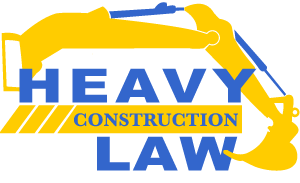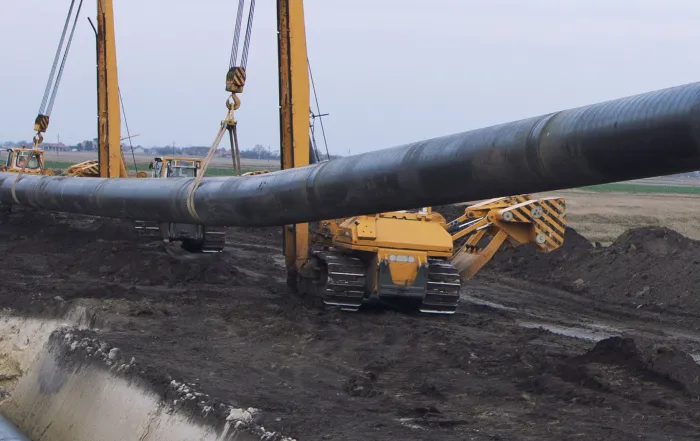When playing a game of cards, how do you handle the “house” rules? You know, those unique ways of playing the game that may differ from those to which you are accustomed. Do you handle those nuances as they come up or before starting the game?
Contractors can often address similar issues before problems arise by deciding which rules will apply with a choice of law clause in their contracts.
Suppose you’re a contractor installing 55 miles of pipeline across three different states (PA, WV, & VA). If (when) a dispute arises, you’d like to resolve it with some consistency and predictability. So, before beginning work, you and the owner agree that no matter the state or the section of pipeline where the problem(s) occurred, the dispute(s) will be resolved according to the laws of only one state.
Good Idea: Include a choice of law clause in your contract to promote consistency and predictability (while reducing potential costs and risk).
But, what if Pennsylvania law prohibits a choice of law other than Pennsylvania, which says that if the construction project is located in Pennsylvania then no other state’s law can apply regardless of the parties’ agreement. Sometimes, the law seemingly frustrates the parties’ agreement. Unless, the “house” decides its own rules apply because the parties agreed by their contract.
Better Idea: When including a choice of law clause in your contract, consider if existing laws may void your choice.
In this example, the owner and contractor agreed that Virginia law would apply to the entire pipeline project spanning across portions of Pennsylvania, West Virginia, and Virginia. Although a Pennsylvania Law prohibited the parties’ choice of Virginia law, a Federal Court located in Virginia decided the parties’ agreement governed. Perhaps the house preferred its own rules?
Roads & Bridges | All According to Plan
ALL ACCORDING TO PLAN | Exact Measurements Go a Long Way
In December 2013, a contractor agreed to replace four bridges for the […]
Roads & Bridges | Connecting the Dots
CONNECTING THE DOTS | Showing Causation in Contracting Cases is Critical
In this asphalt case, the prime contractor agreed to perform a $13 […]
Roads & Bridges | Liquidated Damages
LIQUIDATED DAMAGES | Penalties and What is Unenforceable
Liquidated damages typically flow from delays, but they are not always solidly enforced.
In June 2017, […]
Roads& Bridges | Warranty Provisions
WARRANTY PROVISIONS | Contracts must be interpreted thoroughly to avoid absurd results
You are responsible for things within your control. Be careful if […]
Roads& Bridges | The Agreed Price
THE AGREED PRICE | This case stands as a warning about pay-if-paid clause
History cannot be rewritten and a bad, but legal, […]
Roads& Bridges | Confusing Waters
CONFUSING WATERS | A Supreme Court ruling leaves room for ambiguity
What happens when there may be a “significant nexus” between “adjacent” and/or […]
Roads & Bridges | Authority Defined
AUTHORITY DEFINED | The Law of Agency is Important to Understand
For any project, this Russian proverb is helpful: Doveryay, no proveryay – […]
Jurisdiction is Power
Not bad power, but the ability of a decision-maker (e.g., court) to decide which side is right (or which is more correct). […]
Roads & Bridges | Defining Labor
DEFINING LABOR | How the Miller Act continues to shape the industry
In the late 1700s, risks of nonpayment caused a shortage of […]

Jonathan J. Straw
Blog Author
Contact Jonathan
Partner | KraftsonCaudle.com
Download Jon’s Bio











